Today is national Physician Associate (PA) Day and we are celebrating the contribution that our PAs make across the Trust.
At WHH we currently employ 16 PAs – nine in A and E, three in care of the elderly, two in surgery and two in paediatrics, with hopefully two more in obstetrics and gynaecology. We also have first and second year students from the Chester PA program training on some of our WHH wards and departments.
Physician Associates are healthcare professionals with a generalist medical education, who work alongside doctors, physicians, GPs, and surgeons providing medical care as an integral part of the multidisciplinary team.
Physician Associates are dependent practitioners working with a dedicated supervisor, but are able to work autonomously with appropriate support.
Physician Associates work within a defined scope of practice and limits of competence. They:
• take medical histories from patients
• carry out physical examinations
• see patients with undifferentiated diagnoses
• see patients with long-term chronic conditions
• formulate differential diagnoses and management plans
• perform diagnostic and therapeutic procedures
• develop and deliver appropriate treatment and management plans
• request and interpret diagnostic studies (except those involving ionising radiation)
• provide health promotion and disease prevention advice for patients.
Physician Associates are not able to:
• prescribe
• request ionising radiation (e.g. chest x-ray or CT scan)
• provide care or treatments to patients in an unsupervised setting.
Physician Associates' ability to practise medicine is enabled by collaboration and supportive working relationships with their clinical supervisors, meaning that there is always someone who can discuss cases, give advice and attend to patients if necessary.
Physician Associates can be found working in GP surgeries, accident and emergency departments, and inpatient medical and surgical wards throughout the UK.
Why is Physician Associate not a registered or protected title?
As a new role in the UK, Physician Associates are still seeking statutory regulation, therefore the title ‘Physician Associate’ is currently not a protected title.
The Faculty of Physician Associates, along with the universities involved in training Physician Associates, continues to work toward registration of the profession in order to protect the title.
Can Physician Associates prescribe in the UK?
Physician Associates are currently unable to prescribe medication in the UK.
Close work with supervising physicians and arrangements developed individually allow for flexible ways of working and continuation and expansion of quality patient care. For instance, many Physician Associates working in general practice may propose prescriptions (which is no different to non-prescribing nurses) and have the ability to quickly interrupt their supervising physician for a signature and then continue their work. If further advice on a case is required, the GP and Physician Associate take time out to discuss it and/or see the patient together to come to a decision on further treatment.
Prescribing rights for Physician Associates may change once statutory regulation is introduced. At that time, decisions will be made regarding Physician Associates prescriptive rights. As Physician Associates are not yet licensed nor regulated, this limitation also applies to requests for x-rays and other ionising radiation requests.
History of Physician Associate
Although the Physician Associate profession is still considered relatively ‘new’ in the UK, the first Physician Associates were formally introduced in 2003.
The role of Physician Assistant first developed in the US in the 1960s, and equivalent or similar roles exist in many healthcare systems around the world.
How can Physician Associates help Physicians and the NHS?
Physician Associates increase the numbers of the medical workforce and increase access to quality care for patients.
They act in an enabling role, helping to reduce the healthcare team’s workload, and bring new talent to the NHS, adding to the skill mix within the teams.
While trainee doctors and surgeons rotate through different specialties, Physician Associates offer continuity and stability both for patients and for the team in which they work.
Physician Associate support also provides cover so that trainee doctors can attend training, clinic or theatre.
What experience do Physician Associates have before training?
All Physician Associates hold at least a bachelor's degree, usually in a life science field (Biomedical Science or a health-related science degree).
Most Physician Associate programmes require at least a 2:1 honours degree for entry into the postgraduate master’s course along with some prior health or social care experience.
In addition to their first degree, the prior experience of Physician Associates is diverse ranging from cardiac physiology and psychologists to pharmacists and health educators.
What is the relationship between Physician Associates and their supervisors?
Physician Associates are dependent practitioners working with a dedicated consultant or GP supervisor, but are able to work autonomously with appropriate support.
Supervision of a qualified Physician Associate (PA) is similar to that of a doctor in training or trust grade doctor in that the PA is responsible for their actions and decisions. However, who is ultimately responsible for the patient is the medical consultant or GP supervisor.
As a clinical supervisor, there is also a responsibility for ongoing development of the PA including appraisal and development of a professional development plan (PDP).
Levels of supervision will vary somewhat from individual to individual and is dependent on a number of factors including, but not limited to, their past health care experience and years of experience as a Physician Associate. A new graduate will require much more intensive supervision compared to an experienced Physician Associate.

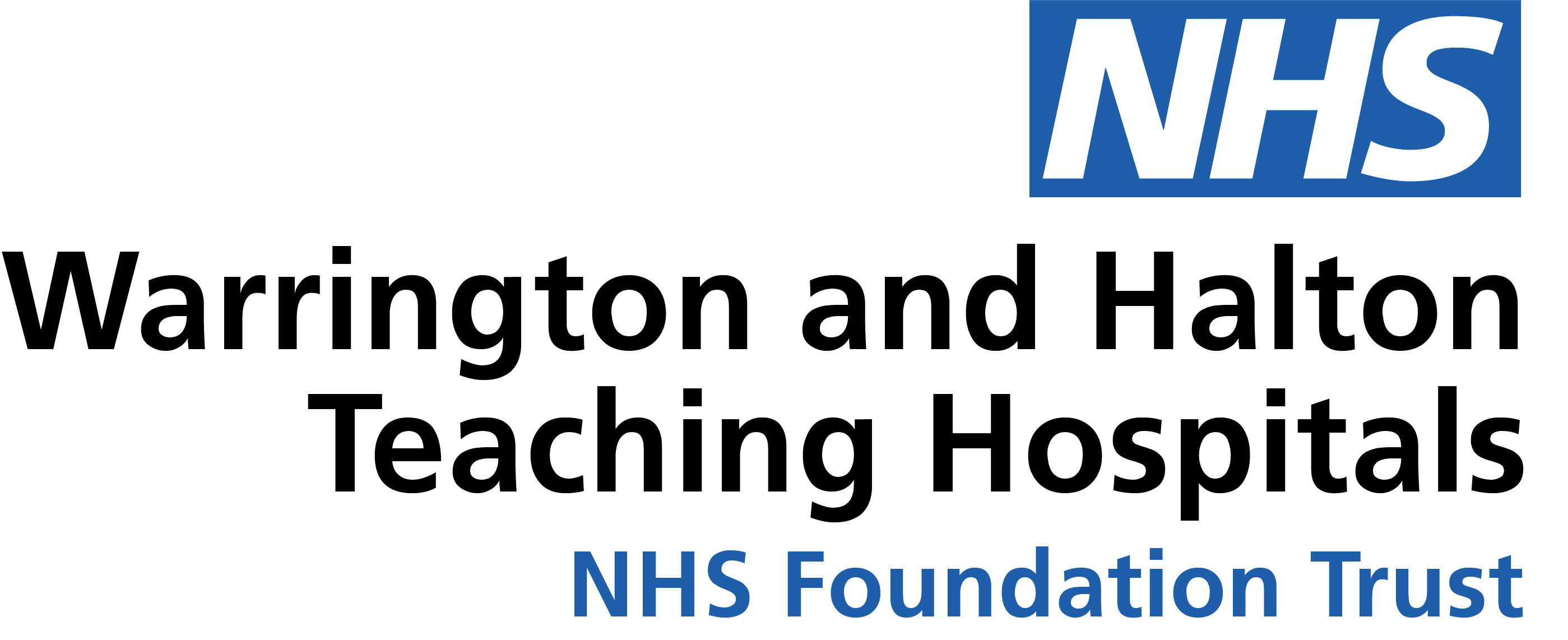


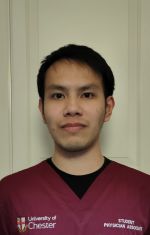 Franz Arnedo
Franz Arnedo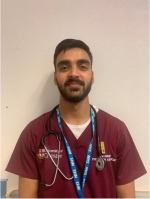 Muhammad Abdul Israr
Muhammad Abdul Israr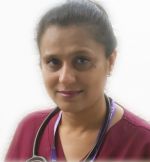 Nidhi Tanna
Nidhi Tanna Lionel Kirubakaran
Lionel Kirubakaran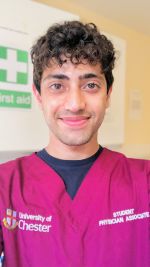 ammed Abdullah
ammed Abdullah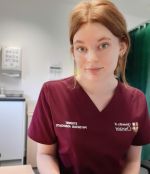 Beth Basson
Beth Basson